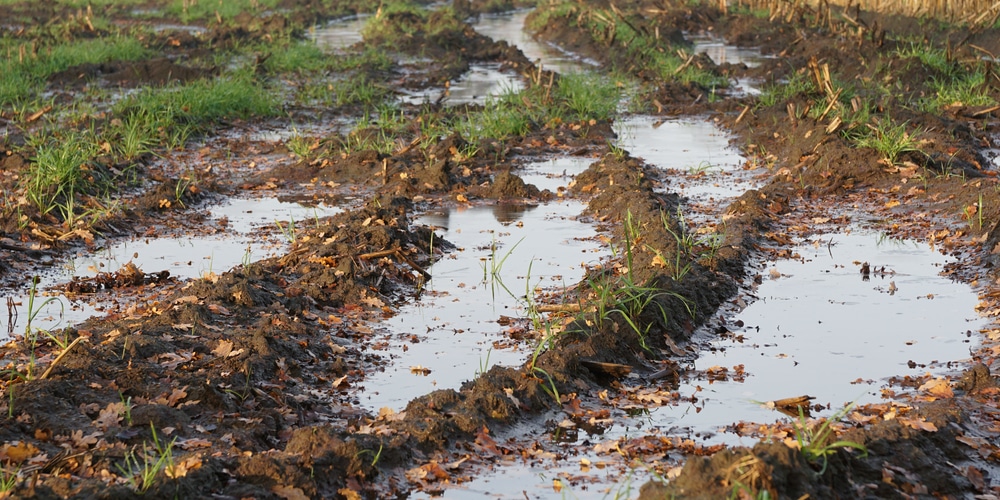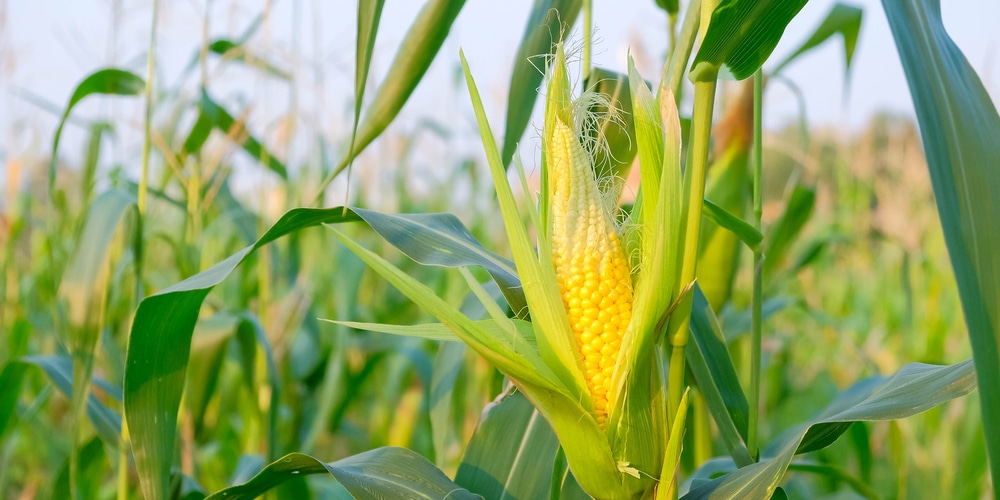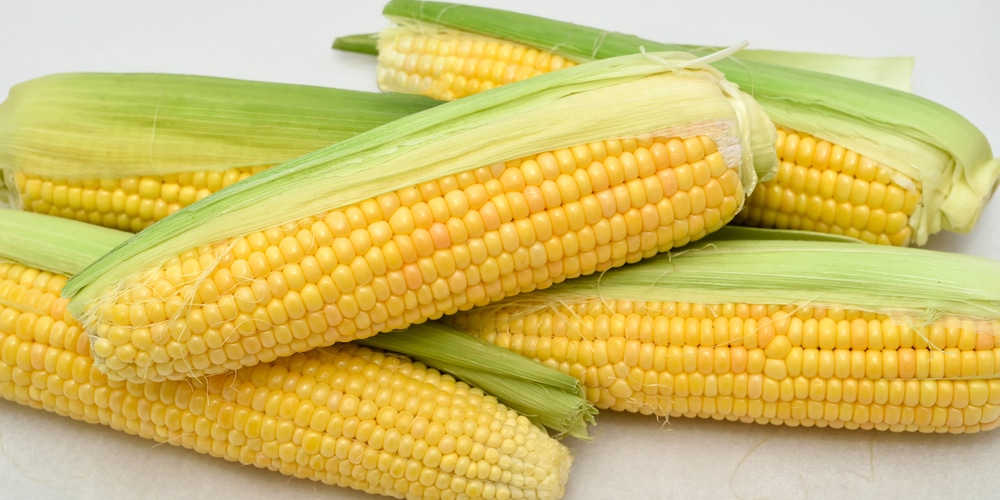If you like growing a vegetable garden in your yard, consider adding corn: it is a fun vegetable and an easy-to-grow plant to have in any yard. However, to be successful with this native American plant, you’ll need adequate space and growing conditions. Indeed, corn can grow dense and needs rich and needs well-draining soil that can provide it with all the essential nutrients it requires for development.
It’s all About the Substrate

Unfortunately, not everyone is so lucky to be able to count on the best conditions in their garden. If you have clay substrate in your yard, you may know what we are talking about. With this soil, gardeners tend to have a more challenging time growing most plants.
Because of its dense structure, this substrate doesn’t allow for adequate oxygen flow and might retain too much water, causing root rot, attracting pests, bacteria, and fungi, and weakening your plants’ health. The good news is that, by adequately amending your soil, you’ll be able to accommodate it for the growth of vegetables and other plants.
But, can you plant corn in clay soil? And what amendments should you make to your garden to get voluminous crops? If you want to explore our answers to these questions, read on! Here, you’ll find everything you need to know about growing corn in clay soil.
Can You Plant Corn in Clay Soil?
Corn isn’t a particularly challenging plant to grow. However, to get satisfactory results, you’ll have to recreate optimal conditions for their development in your garden. And that includes making sure the soil is rich, loose, and moist. While clay soil can offer plenty of nutrients (including iron), its density is unfavorable for gardeners.
But that doesn’t mean you won’t be able to grow corn! All it means is that you’ll have to make the necessary amendments. With proper preparation, you’ll be able to improve your soil conditions for growing your vegetables.
But before getting into what you should do to your clay substrate, let’s go over the ideal soil for growing corn. As mentioned before, this plant does best in moist, well-draining, and fertile soil. In terms of pH, you should get to a level between 5.8 to 6.8.
Clay is nutritious but heavy. Superior compaction increases the strength and pressure of the soil and reduces aeration and drainage, which halts the development of your plant’s roots. Luckily, you can counteract these conditions with adequate planning. Jump to the next section to find out how to amend your clay soil and prepare it for growing corn.
How to Amend Clay Soil to Grow Corn
To start with, you’ll need to till the land to a depth up to eight inches. This practice involves breaking the hard clumps of soil and removing stones or debris that might get into the way of your plant’s roots. Doing so will loosen the texture and make it suitable for growing corn.
If your substrate is too heavy, consider aerating it with a liquid product, which will alter the structure of the particles and loosen the ground. In turn, this will allow for better drainage. Using a liquid aerator will get you fast and effective results. Make sure you purchase a high-quality product to minimize the risk of damage.
Once you successfully aerate the soil, don’t forget to add organic matter to improve drainage and structure. Two to four inches of compost, manure, moss, or wood barks will settle between the clay particles and break compaction.
Carry out a test to better understand the conditions of your soil and make the necessary changes. If it is nutrient-deprived, consider adding a fertilizer. Apply a balanced product. Avoid applying something with too much nitrogen: it will enhance the production of leaves at the expense of the vegetables. If you don’t like the idea of purchasing one, you can make your own using organic matter.
Also, don’t forget that corn prefers slightly acidic soils: if your conditions are more alkaline, add sulfur or other compounds to lower the pH level. Finally, don’t skip mulching: the practice is crucial with clay soil because it contributes to minimizing the natural compaction and raises the aeration by promoting the activity of healthy organisms in the substrate. Mulch breaks down into particles that produce the nutrients your corn needs to develop and grow. Overall, it will improve the soil structure and facilitate access to food and water for your plants.
Can you Plant Corn in Clay Soil?: The Bottom Line
So, even if clay isn’t the best option for growing corn, you can amend it to recreate optimal conditions for growing these vegetables. As long as you follow the recommendations we included in this guide, you’ll have no problems with corn in your garden.
Related Article: Why Does my Soil Smell Like Sewage?

